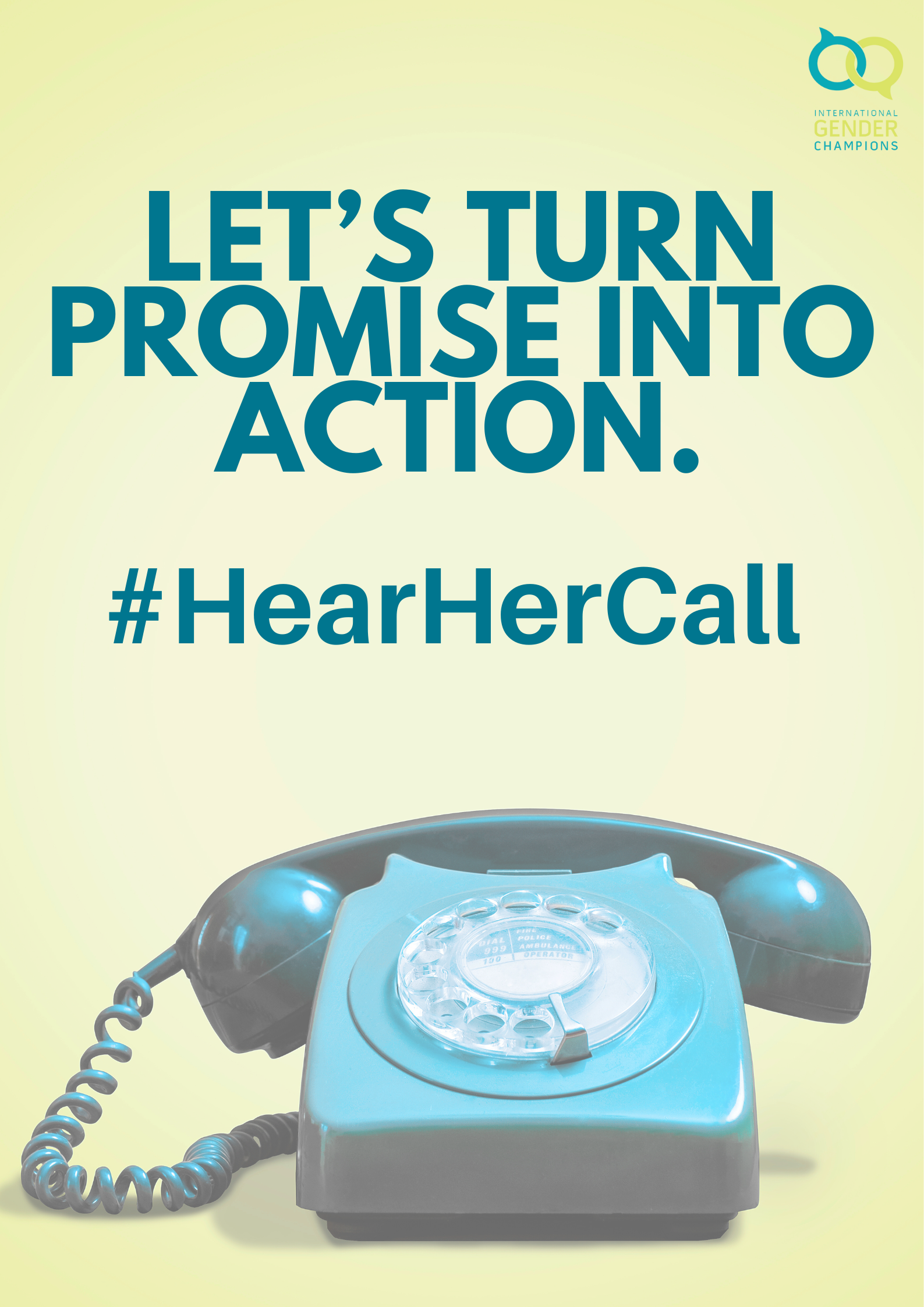by Ambassador Claudia Fuentes Julio, Permanent Representative of Chile to the United Nations and other International Organisations in Geneva, and Thomas Greminger, Executive Director of the Geneva Centre for Security Policy (GCSP)
Twenty-five years ago, through the adoption of United Nations Security Council Resolution 1325, the international community recognized that women are not bystanders in peace and security; they are essential actors whose leadership and participation are as vital as men’s. This realization, forged in the aftermath of decades of conflict and division, laid the foundation for a transformative global agenda.
The emergent Women, Peace and Security Agenda sought to change the architecture of peacebuilding itself, demanding women’s equal participation at all decision-making levels for the prevention, management, and resolution of conflict. National Action Plans and regional networks emerged to sustain this vision, promising a more inclusive and durable peace anchored in gender equality.
Progress has been achieved in certain areas, yet the transformative structural changes required have failed to materialise. Inequalities have deepened both within and between countries, while the political will to address economic, political, and gender injustices remains gravely insufficient. The latest UN SDG 16 Progress Report (2025) warns that conflict-related deaths have sharply increased, with women and children disproportionately affected—women now accounting for over a quarter of civilian casualties in many conflict zones. Between 2023 and 2024, the number of women and children killed in conflicts rose by more than 250 percent, underscoring the widening protection gap. Reporting rates for gender-based and sexual violence remain alarmingly low—just 15 percent of survivors come forward—while access to justice and representation for women in peace processes remains below 10 percent globally. These figures remind us that without gender equality at the core of peace and security, neither peace nor justice can be sustained.
Today, as conflicts and crises multiply, military expenditure is prioritized over human rights, humanitarian response, and development. Norms once seen as universal are being eroded, while the laws protecting them are increasingly disregarded. Women defenders are often the first to feel the impact of this retreat, yet they continue to push back against violence, polarization, and mistrust, offering an alternative vision of peace grounded in human dignity and cooperation.
As the UN 80 initiative aims to transform the way the United Nations works, our call is simple: now is the time to recentre a human approach – one that places the voices of women preventing conflict and building peace in communities impacted by violence, division, environmental degradation, instability, and insecurity at its core. When we take the time to listen to those in conflict zones or leading community responses to crises, their needs are very simple – to live with dignity and safety. Their daily care, courage, and humanity reveal pathways to reimagine peace and security architectures that put people – not weapons – at the centre.
This is why we are choosing to give our platform to amplifying the voices of women defenders, whose voices too often have become muted. If you listen to their stories, you will hear agents of peace who are creatively adapting and responding to the most challenging situations to achieve respect over division and find common ground amidst fragmentation. They are negotiating for resources to meet basic needs, protecting women, children, and the environment, demanding accountability, and forging spaces for dialogue where none exist, building technical capacity. Theirs are stories which carry not only resilience, but hope and inspiration grounded in human rights, which are at the heart not just of International Geneva, but of peace and security globally.
Our invitation to you is to take the time to connect these voices and to see how we can, collectively, shift the security imagination to one that our children will aspire to rather than fear. By listening and responding, we can help shift the security paradigm – from one driven by fear and militarization to one rooted in respect, cooperation, and human dignity. A security model where all children, everywhere, inherit not cycles of violence, but a future of peaceful co-existence – with enough food, water, care, and connection to live meaningful lives.
This is a decisive moment. We have the responsibility to reshape the architecture of global agreements, accountability mechanisms, and agencies to fit the vision of the founders of the UN Charter – not as a distant aspiration, but as a living promise to this generation. Hearing and heeding the calls of women defenders is not optional; it is the path to turning commitments into action, and words into peace.

